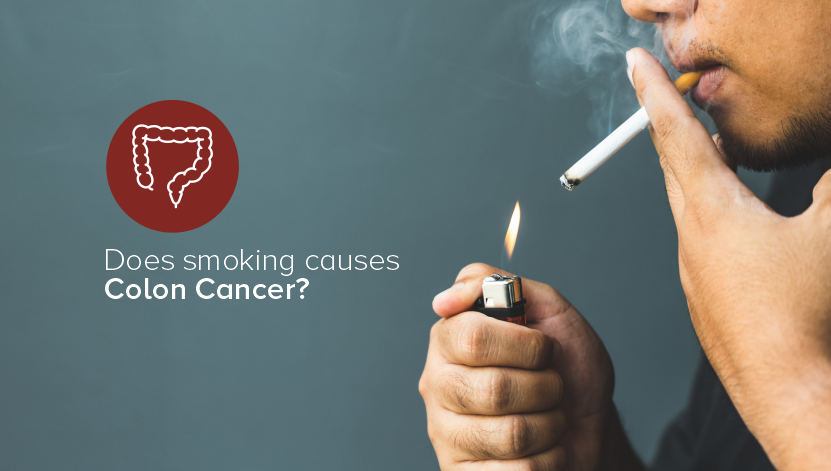The link between smoking and cancer is not a new revelation. Mounting evidence over the years has established a clear and detrimental association between smoking and a range of cancers, notably lung cancer. However, the correlation between smoking and colon cancer is a growing area of interest, with research continually shedding light on the devastating impact smoking can have on the digestive system.
